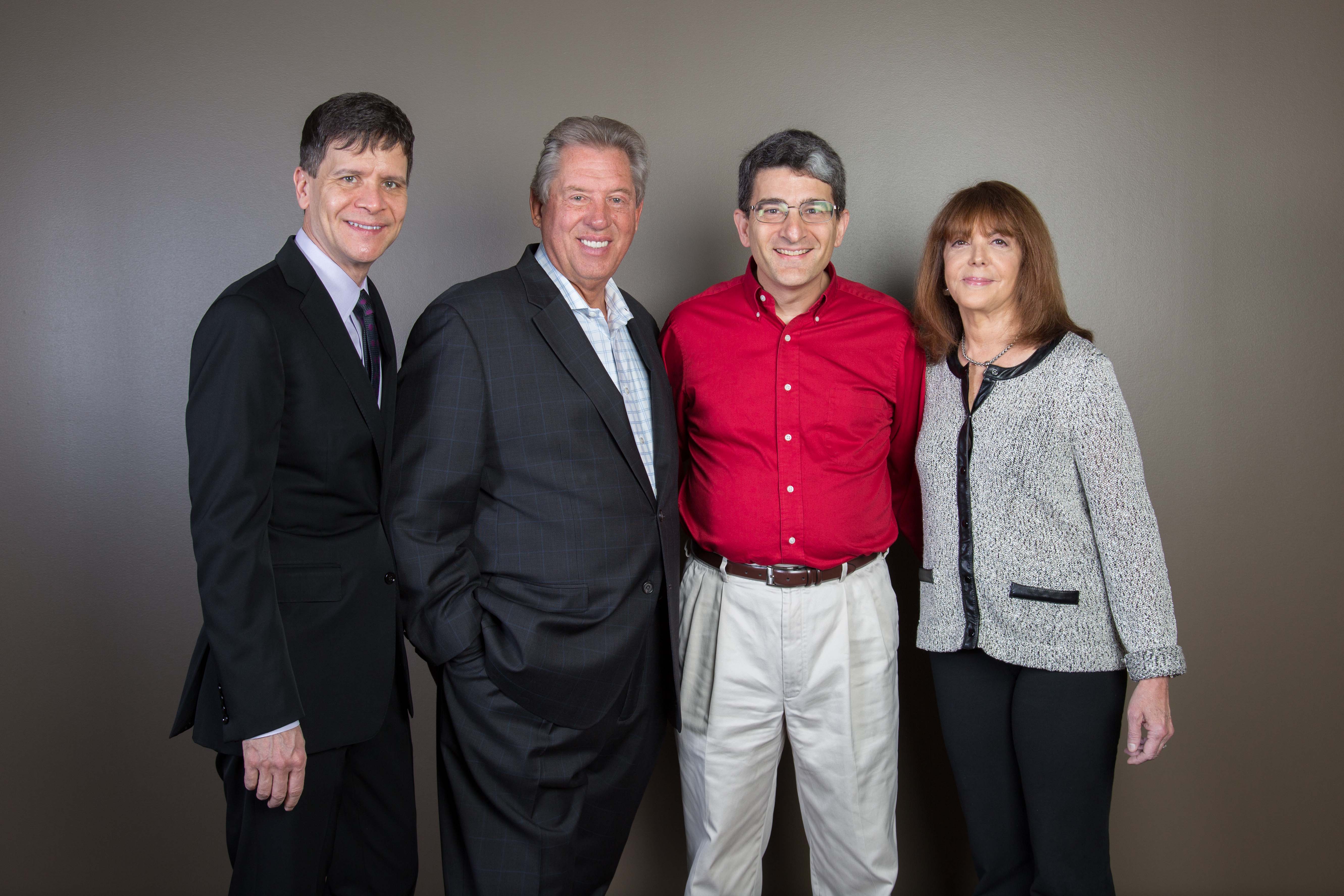Leadercast 2017 (Revisited)
For those of you who read my review of Leadercast from a month ago, though I provided some valuable notes from what I experienced, there is no doubt that I started that post with some fairly critical commentary about the overall experience, and the concerns I had about the future of the event. I cannot fully retract those comments, because they are not only my experience, but my evaluated experience. Only a different future experience would be adequate to do so. At the same time, my hopes for the future of the Leadercast event have changed and I now feel willing to experience it again.
Leadercast is a huge event. I have mentioned that I have attended both the live event in Atlanta, as well as the simulcast here in Asheville, over many, many years. The event is held annually. As of late 2016, Leadercast is head up by a new CEO, Duane Cummings. Leadercast claims more than 100,000 attendees at this one day event, at more than 700 locations, in 20 different countries.
My most recent blog post was made on May 11th. You can imagine my surprise when on early May 12th there was message on my phone from none other than the CEO of Leadercast, Duane Cummings, wanting to talk to me about my concerns as posted on my blog. After fulfilling a few of my morning obligations, I returned his call that same day. Duane spent over 30 minutes with me discussing my concerns, and the present vision for Leadercast. He explained some of the opportunities that exist for regular attendees, and also that some of my concerns had been addressed this past year at the local Atlanta event. There were some explanations, such as the shorter event day, that I still question (it is only one day a year after all), however I understand the basis upon which the change was made. I also feel that I understand a little bit better about the difficulties in putting together such a large event meant to serve leaders of so many ages and demographics.
Most impressive is simply the fact that he called, and then followed up with an email, expressing that his intention for Leadercast is to serve all of the Leadercast community. One of the criticisms I mentioned to him in the call (not in the prior blog post) was that at the local event in Atlanta the speakers’ books were no longer being offered for sale. I did not write about it because it seemed somewhat minor, and more of a personal beef about the event. I explained to him my awareness that in just two years 50% of the workforce will be Millennials, but I offered to him the fact that also means that 50% will not be, and some of those people still prefer to read out of books, instead of interactive applications on an IPad. He explained to me that this was his first year leading the event, and that he actually brought the sale of books back to the Atlanta live event this year (2017). He indicated in his follow up email that as long as he is leading the event, they will still offer books for sale at the live event. Leadercast in Atlanta used to be a place where I purchased my leadership reading for a full 6 months, and this itself may bring me back to Atlanta to give it another chance.
Much to my surprise, a week after our phone call I received a large box at my office, addressed from Leadercast. It contained leadership books. I had neither asked for, nor in any way ordered any of these books. It was a gift which was very much appreciated by me. Of the books enclosed, I only already had one (which I gave to an Associate in my law firm). One I was not familiar with was “The Sensational Salesman” written by none other than Duane Cummings. It was the first one that I pulled out of the box, and the first I have finished reading. It is a well written parable book (such as the parable books that Patrick Lencioni writes). Not only do I highly recommend this book, but several of the life lessons that the main character of the book experiences were exemplified by Duane in these few communications I had with him. His book helped me understand that Leadercast is in good hands, and well poised for the future, if he believes and carries out what he writes about in his book. His call and interaction with me proved that is most likely the case. I highly recommend his book, and now will probably plan to attend Leadercast Live in Atlanta on May 4, 2018.
Thanks to Duane Cummings for making this one (of over a hundred thousand) member of the Leadercast community feel like his concerns are important. Thanks for living the leadership principles that you write about. A live example of servant leadership is always so much more impressive than what anyone can write in a book.






